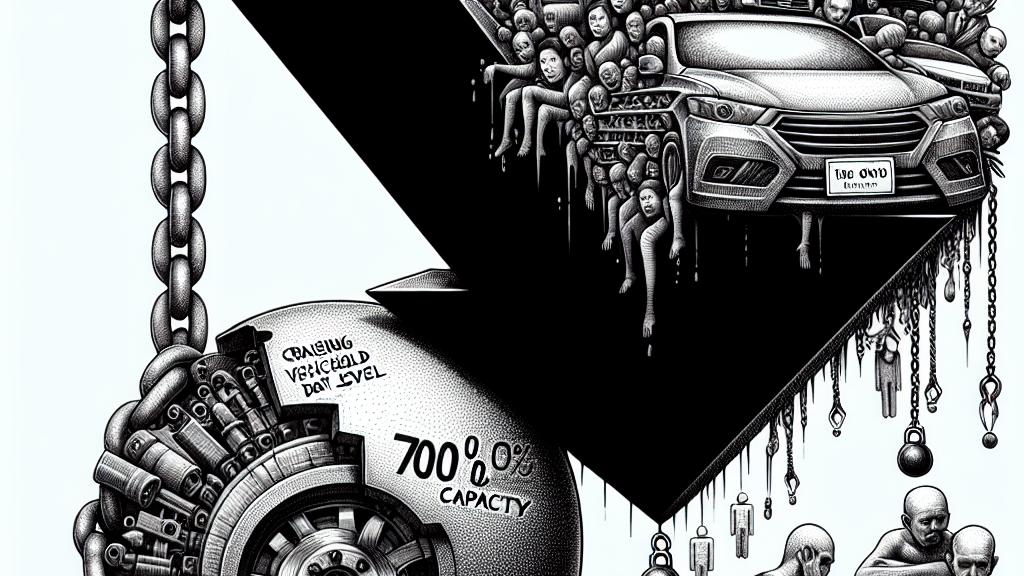Challenges and Opportunities in Thailand’s Auto Industry
Overview
- Thailand's auto industry grapples with a staggering household debt that now stands at 90.7% of GDP.
- The exciting shift towards electric vehicles (EVs) presents both significant challenges and lucrative investment opportunities.
- Strong government incentives play a pivotal role in transforming the EV sector and attracting global automotive players.

The Alarming Impact of Household Debt
Thailand's automobile sector is facing a critical crisis, primarily driven by a soaring household debt level, which has hit a troubling 90.7% of the nation's GDP. This alarming statistic reflects more than just numbers; it resonates through the lives of everyday consumers. With vehicle sales crashing to a 14-year low, the impact of debt on consumer confidence is stark. In August, production plummeted by 20.6% year-on-year. Take, for instance, Techno-Metal, a crucial auto parts supplier operating with only 40% capacity. This situation leads to dire consequences for the workforce—over 700,000 workers are left vulnerable, highlighting the urgent need not only for economic recovery measures but also for innovative methods to mitigate household financial strain.
Embracing the Electric Vehicle Revolution
While the traditional auto market struggles, Thailand finds itself embarking on a transformative journey towards electric vehicles (EVs). The ambitious plan aims for 30% of auto production to shift to EVs by 2030. This is not merely a response to global environmental trends; it’s a strategic move meant to ensure long-term sustainability and market competitiveness. However, the road ahead is fraught with challenges. Traditional manufacturers must contend with rising production costs and fierce competition from budget-friendly Chinese EV brands. Fortunately, the Thai government has introduced a series of robust policies and incentives that bolster this transition. For example, generous tax breaks and funding opportunities create an inviting atmosphere for local and foreign investments, with global automakers eager to align with Thailand’s evolving market.
Government Incentives: A Catalyst for Change and Future Growth
The significance of government incentives in this transition is undeniable. Programs initiated by the Board of Investment (BOI) are crucial, offering enticing corporate tax exemptions, alongside reductions on import duties designed to attract and maximize foreign investment. For instance, these initiatives have drawn significant interest from Chinese manufacturers, leading to a remarkable increase in EV sales. Notable companies like BYD have surged ahead, topping sales charts and showcasing the competitive potential of electric cars in the region. As we look to the future, these measures promise not only to sustain the automotive industry but to elevate Thailand as a key player in the Southeast Asian green vehicle revolution. The combination of continued governmental support and the industry's adaptation to shifting consumer demands sets the stage for a dynamic and exciting automotive landscape.

Loading...